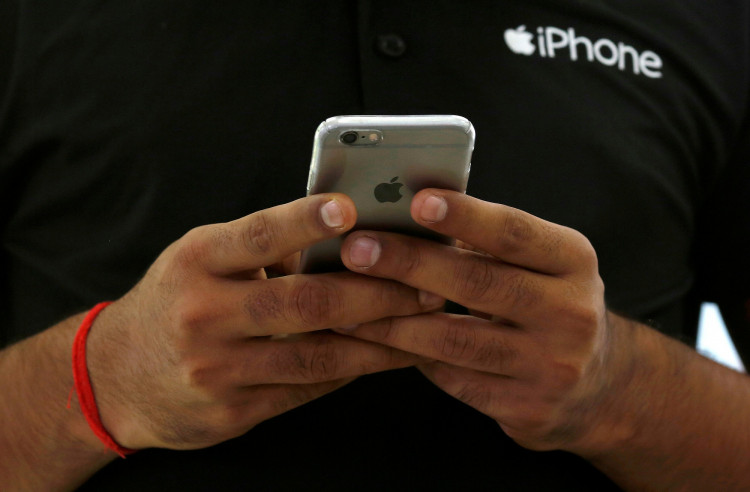One of Apple's major suppliers has announced that it will be shifting its manufacturing of key iPhone components to India. According to sources with knowledge of the matter, Taiwanese tech firm Wistron Corp is apparently planning to assemble its printed circuit boards (PCBs) at its new facility in southern India.
The decision to transfer its assembly highlights Apple's broader plan to expand its supply chains outside of China and into the world's second-largest smartphone market. Wistron's decision, which was likely influenced by its largest buyer, is a big move for the company.
Winstron has been manufacturing components for Apple, particularly for its lower-priced iPhone SE models, at its facility in Bangalore since 2017. The company also directly assembles Apple's older models, such as the iPhone 6S and the iPhone 7.
In line with its plans to directly assemble PCBs in India, Wistron has accelerated its construction of a new plant in Bangalore. The assembly plant is expected to become fully operational in April this year. Apart from making PCBs, which account for about half of the cost of modern smartphones, Wistron's facility will also be making iPhone 7 and iPhone 8 models.
The same sources claim that Wistron's new facility should be able to churn out up to 8 million smartphones per year. According to an investment proposal submitted to the Karnataka state government in 2018, the facility itself will be part of Wistron's 30 billion-rupee, or roughly $422.1 million, investment plan in the region.
Apart from Winstron, Apple's other major supplier, Foxconn Technology Group, has also slowly moved its manufacturing to India. Last year, the company began making iPhone XR models in the country, while at the same time locally manufacturing PCBs for the particular model. As of the moment, Foxconn is Apple's main assembler of iPhones, particularly for its higher-end flagship models.
Moving to India does present a lot of benefits to the suppliers given the country's rollout of favorable policies and measures. Under Prime Minister Narendra Modi's initiative to boost local manufacturing, Apple can effectively save millions of dollars on import taxes for smartphone components. The decision to assemble PCBs locally will allow the suppliers to avoid the higher import duties on component imports, which are expected to increase in April.
As of the moment, Apple still has most of its iPhones manufactured in China through its various third-party partners. However, the company has gradually been making plans to expand production into other countries as a way to avoid uncertainties brought about the ongoing trade dispute between China and the United States.






